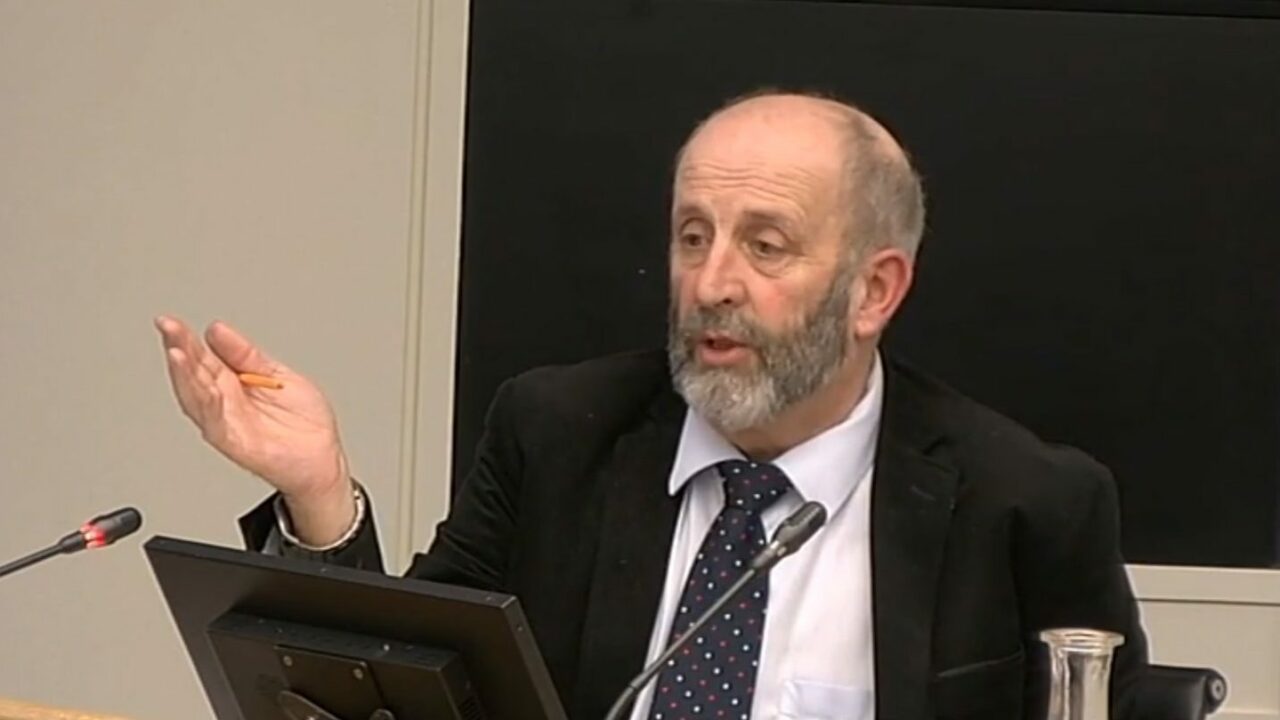Independent TD Danny Healy Rae has said that the government is clearly trying to reduce the national herd by offering “a cow scrappage scheme” and encouraging farmers to exit the industry.
The deputy was referring to a suckler cow exit scheme that was mentioned on a recent discussion document prepared for the Food Vision Beef and Sheep Group by the Department of Agriculture, Food and the Marine (DAFM).
The document, which was seen by Agriland, listed 17 proposed measures to mitigate greenhouse gas (GHG) emissions from the beef sector, one of which was a voluntary suckler cow exit scheme.
Deputy Healy Rae said that it is the government’s agenda to reduce the national herd, regardless of the fact that it stated this was not the case last year.
“It has now become clear that they are trying to reduce the national herd by offering a cow scrappage scheme and encouraging farmers to slaughter their cattle.”
A number of farm organisations including the Irish Farmers’ Association (IFA) and the Irish Cattle and Sheep Farmers’ Association (ICSA) have stated that no agreements have been made on a scheme of this sort.
However, it is believed that the proposed scheme would provide a payment to farmers who are looking to reduce cow numbers or who wish to exit the sector, although further detail around this has not yet been made available.
The Independent TD called for answers on how these payments would work. He asked would the payments be taxed and where would the money to fund them come from?
“Will the payment for the scrappage scheme be tax free? Or will it be taxed as income for the farmers?”
The proposed measure has also sparked concern over Irish beef production being replaced by production in potentially less sustainable regions. Deputy Healy Rae also raised this point and said:
“Are we opening up a gap in the market for the South Americans to fill and what will that actually mean for the so called carbon footprint?
“I am totally opposed to the government’s idea of reducing production through a scrappage scheme, as farmers have worked hard for generations to build up their production to what they have now,” he concluded.
